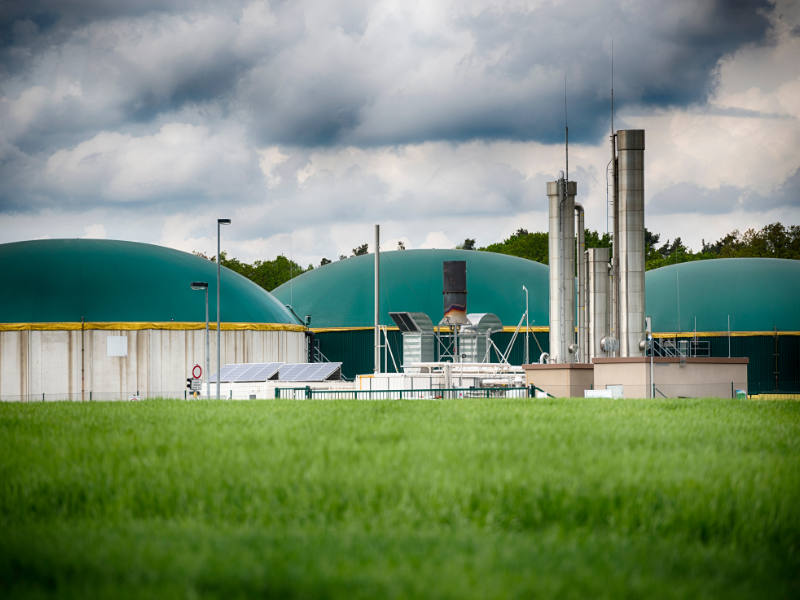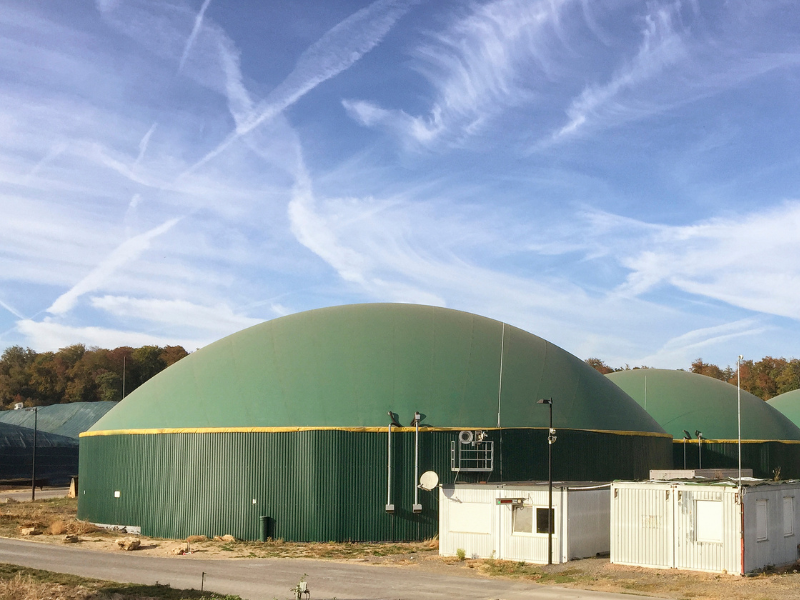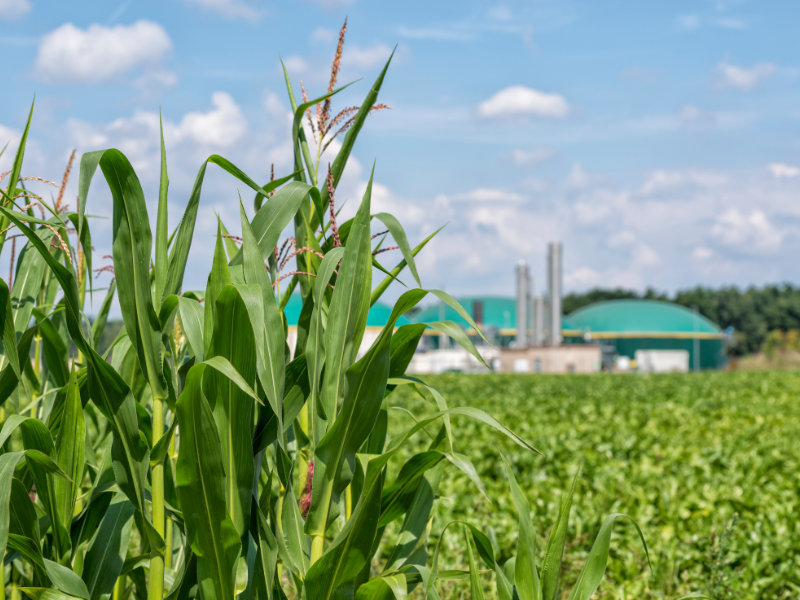In today’s ever-evolving world, the importance of sustainable energy sources cannot be overstated. As we continue to witness the detrimental effects of fossil fuel consumption on the environment, the need for alternative energy solutions has become paramount. Biomass energy, derived from organic matter such as plants and waste materials, has emerged as a viable and eco-friendly option.
In this article, we will delve into the realm of biomass energy companies, exploring their role in driving the transition towards a greener future. From their contributions to renewable energy generation to the innovations shaping the industry, we will uncover the invaluable efforts of these companies. Join us on this journey as we discover how biomass energy is transforming the energy landscape.
The Significance of Biomass Energy Companies

The energy sector has long been dominated by fossil fuels, but the need for a sustainable energy transition has become increasingly evident. Biomass energy companies play a crucial role in this transition by harnessing the potential of organic matter to produce renewable energy. By utilizing biomass resources such as wood, agricultural residues, and dedicated energy crops, these companies are at the forefront of sustainable energy production.
Advancements in Biomass Energy Technologies

Biomass Conversion Technologies: A Path to Sustainability
Biomass energy companies employ various advanced technologies to convert organic matter into usable forms of energy. These technologies encompass thermochemical, biochemical, and physicochemical conversion processes. Thermochemical conversion techniques, such as gasification and pyrolysis, involve the application of heat to break down biomass and produce gases, liquids, or solids for energy production.
On the other hand, biochemical conversion processes, such as anaerobic digestion and fermentation, utilize microorganisms to convert biomass feedstocks into biogas, bioethanol, or other valuable products. Physicochemical conversion methods, including hydrothermal liquefaction and torrefaction, offer additional options for transforming biomass into energy-rich substances.
Innovative Solutions Driving Biomass Energy
Biomass energy companies are continuously pushing the boundaries of innovation to optimize energy output and reduce environmental impact. One notable advancement is the development of integrated biorefineries, where biomass is processed into multiple products, including biofuels, chemicals, and materials. These biorefineries enable a more holistic approach to biomass utilization, maximizing resource efficiency and minimizing waste.
Furthermore, the integration of biomass energy systems with conventional power plants has gained momentum. Co-firing biomass with fossil fuels in existing power plants not only reduces greenhouse gas emissions but also enhances the overall efficiency of the energy generation process. This blending of renewable and non-renewable sources marks a transitional phase towards a more sustainable energy mix.
Collaborative Initiatives: Propelling the Biomass Energy Sector Forward
Recognizing the importance of collective efforts in combating climate change, biomass energy companies are actively involved in collaborative initiatives. These include partnerships with research institutions, government bodies, and other stakeholders in the energy sector. Through these partnerships, companies gain access to valuable knowledge, resources, and funding, fostering the development of innovative technologies and driving the growth of the biomass energy sector.
Collaborative initiatives also extend to international cooperation, with companies engaging in knowledge sharing and technology transfer across borders. By sharing best practices and experiences, biomass energy companies contribute to the global transition towards sustainable energy production.
Prospects of Biomass Energy Companies: A Bright Future Ahead
With the ever-increasing global demand for clean and renewable energy, the future of biomass energy companies seems promising. As technology continues to advance and economies of scale are realized, biomass energy is poised to play a significant role in our energy systems. The versatility of biomass resources, coupled with the continuous innovation within the sector, ensures a reliable and sustainable energy source for generations to come.
FAQs

Q: What are the main types of biomass feedstocks used by biomass energy companies?
A: Biomass energy companies utilize a wide range of feedstocks to produce renewable energy. These include agricultural residues such as corn stover and wheat straw, dedicated energy crops like switchgrass and miscanthus, forestry residues such as sawdust and wood chips, and even organic waste materials like food scraps and manure.
Q: How does biomass energy compare to other renewable energy sources?
A: Biomass energy offers several advantages over other renewable energy sources. Unlike solar and wind energy, biomass can provide baseload power, meaning it can operate consistently, 24/7. Biomass energy also has a higher energy density than wind or solar power, making it more suitable for certain applications. Additionally, biomass plants can be located close to biomass sources, reducing the transmission losses associated with long-distance energy transport.
Q: Are there any environmental concerns associated with biomass energy?
A: While biomass energy is generally considered eco-friendly, there are some environmental concerns to consider. The sourcing of biomass feedstocks should be sustainable, ensuring that their production does not lead to deforestation or habitat destruction. Additionally, the emissions from biomass combustion must be carefully managed to avoid air pollution. Strict regulations and sustainable practices within the biomass energy industry address these concerns and promote responsible energy production.
Q: Can biomass energy companies contribute to rural development?
A: Yes, biomass energy companies have the potential to drive rural development by creating job opportunities and stimulating local economies. The cultivation and processing of biomass feedstocks often occur in rural areas, providing employment opportunities for farmers, foresters, and other rural communities. Additionally, the use of biomass as a local energy source reduces dependence on imported fossil fuels, strengthening rural energy security.
Conclusion

Biomass energy companies are at the forefront of the sustainable energy revolution, harnessing the power of organic matter to produce renewable energy. Through advancements in biomass conversion technologies and collaborative initiatives, these companies are paving the way for a greener future. As we continue to prioritize the transition towards sustainable energy sources, biomass energy will play an increasingly vital role in our energy systems. Let us embrace the potential of biomass energy companies and work together towards a more sustainable and prosperous future.




